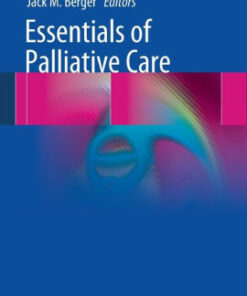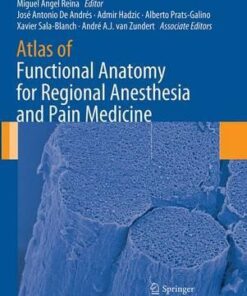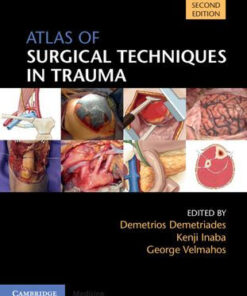(eBook) Encyclopedia of Trauma Care by Papadakos
$32.00
Download instantly Encyclopedia of Trauma Care by Peter J. Papadakos, Mark L. Gestring. It is ebook in PDF format.
ISBN-10: 3642296122 ISBN-13: 9783642296123
Preview
This is the PDF eBook version for Encyclopedia of Trauma Care by Peter J. Papadakos, Mark L. Gestring
Table of Contents
Overview of general trauma care: Injury epidemiology and control. Trauma system development and design. Injury scoring. Trauma outcome measures. Mechanisms of injury. Prehospital care of the trauma patient.- Early evaluation and management of the trauma patient: Initial assessment of the injured patient. Airway management in the trauma patient. Blood product utilization and resuscitation strategies following injury. Medications vital to trauma resuscitation. Role of ED thoracotomy.- Organ Systems Approach: Head: Concussion and mild brain injury. Traumatic brain injury. Maxillofacial injury. Ocular injury.- Neck: Cervical spine injury. Penetrating injury to the neck. Blunt cervical vascular injury.- Chest: Chest wall and lung injuries. Tracheal and esophageal injury. Thoracic vascular injuries. Cardiac injuries. Diaphragmatic injuries.- Abdomen: General approach to trauma laparotomy. Injury to the stomach and small bowel. Injury to duodenum and pancreas. Injury to liver and biliary tract. Injury to spleen. Colon and rectal injury. Abdominal vascular injury. Damage control and the management of the open abdomen.- Renal injury. Genitourinary injury.- Peripheral vascular injury.- Musculoskeletal: Pelvic fracture management. Extremity fracture management. Hand injury. Compartment syndrome and fasciotomy. The mangled extremity. Spinal cord injury.- Specific considerations in trauma care: Pediatric trauma. Trauma in the elderly. Trauma in pregnancy. Rural trauma. Combat casualty care. Burn injury.- Imaging in the trauma patient: Ultrasound. Advances in cross-sectional imaging. Interventional radiology. Anesthesia management in trauma. Ethical issues in trauma care. Disaster and mass-casualty care. Blast injury. Rehabilitation: Brain injury rehabilitation. Rehabilitation following traumatic injury. Management of the potential organ donor.-
Complications in trauma care: Deep vein thrombosis and pulmonary embolus. Infection. Missed injuries. Abdominal compartment syndrome.- Critical Care for the trauma patient: Hemodynamic monitoring. Invasive versus non-invasive modalities. Shock. Respiratory insufficiency. Ventilator modalities. Cardiac failure. Cardiac support modalities. Sepsis and multi-system organ dysfunction. Renal failure. Renal support modalities. Nutritional support in the trauma patient. Transfusion therapy. Pain control and sedation. ICU imaging.




